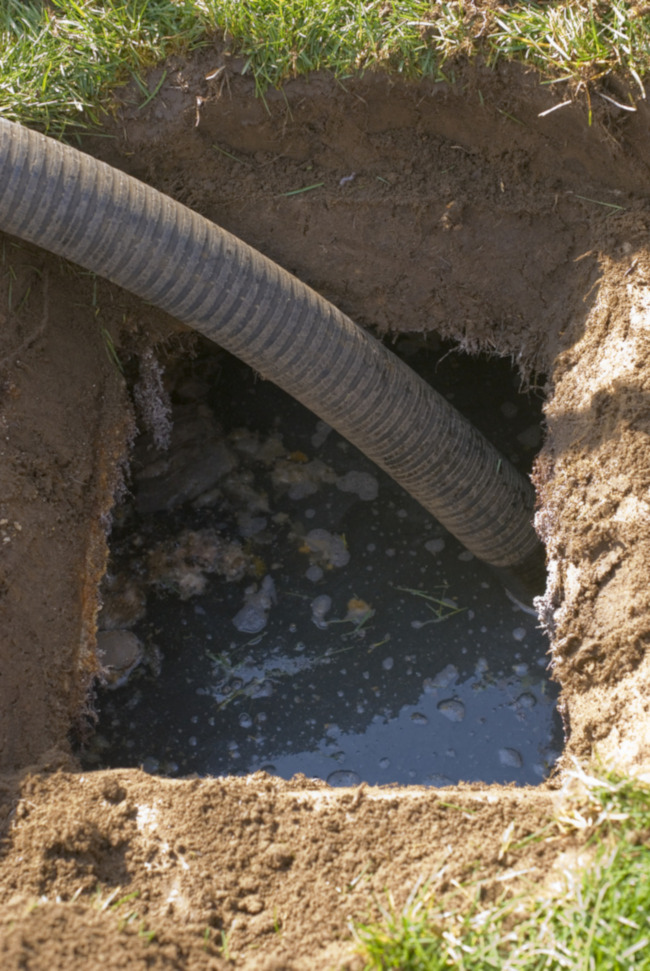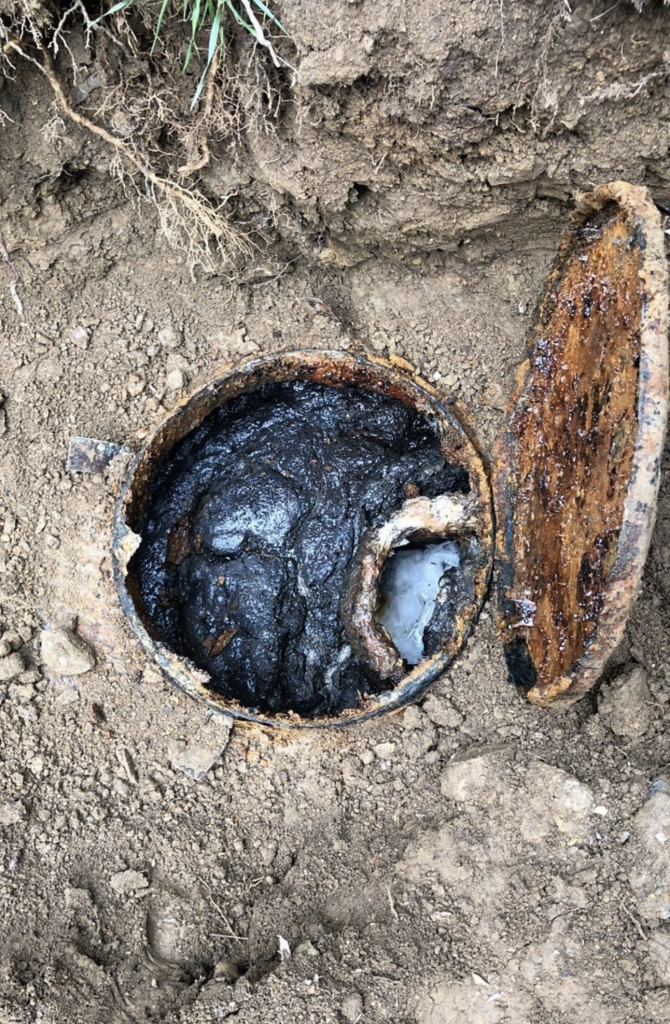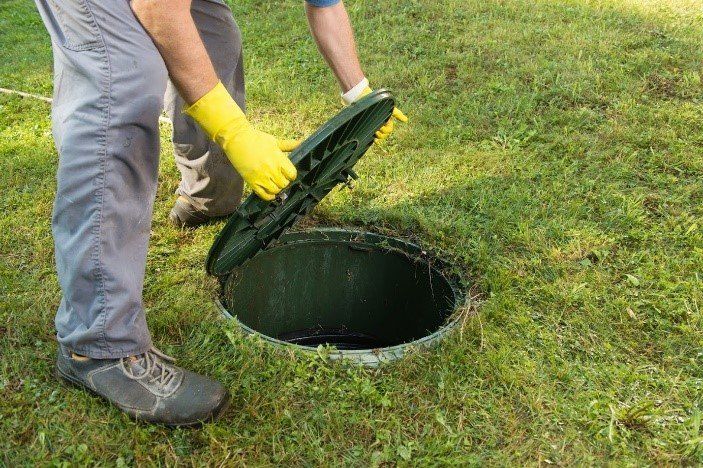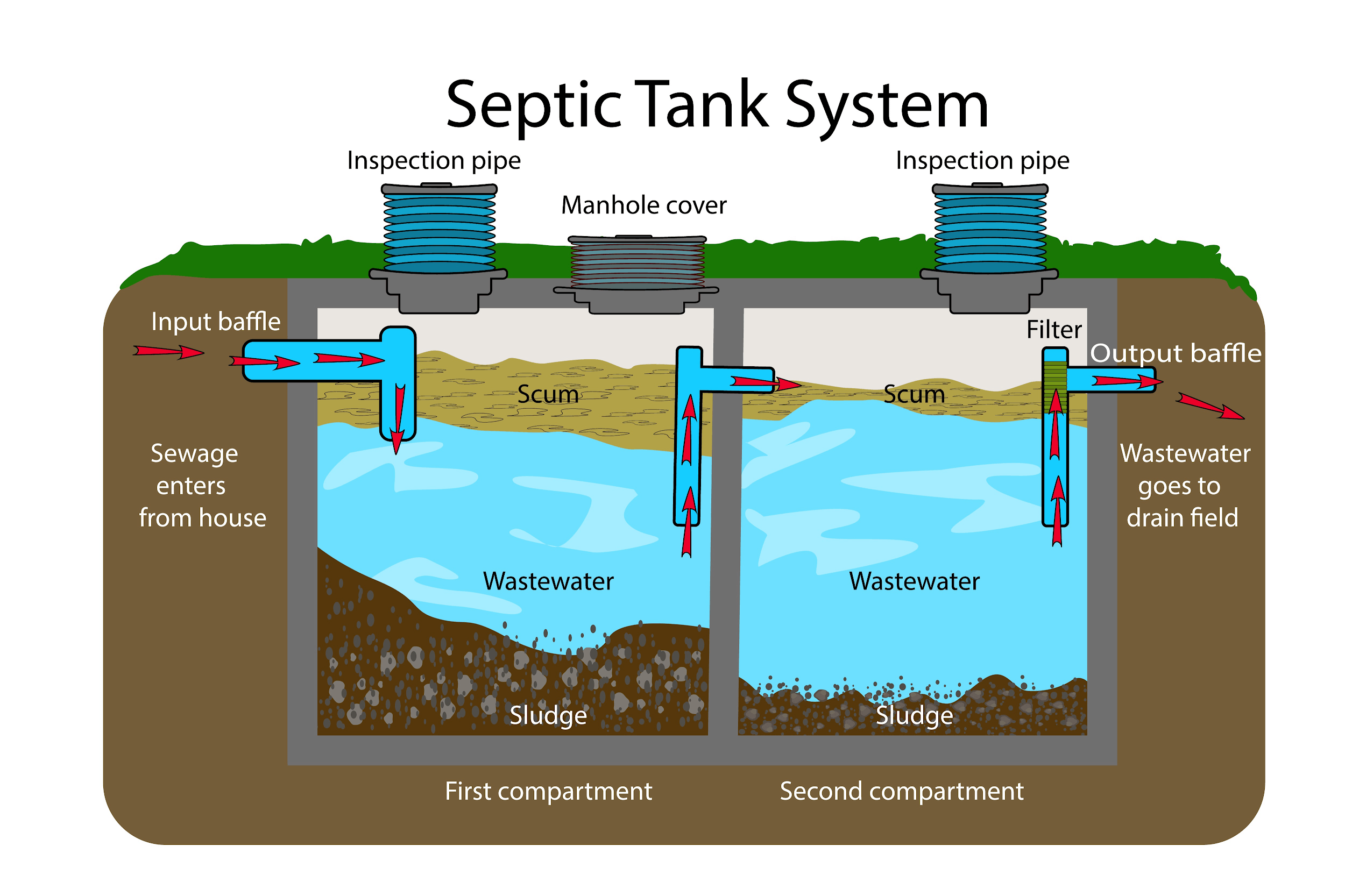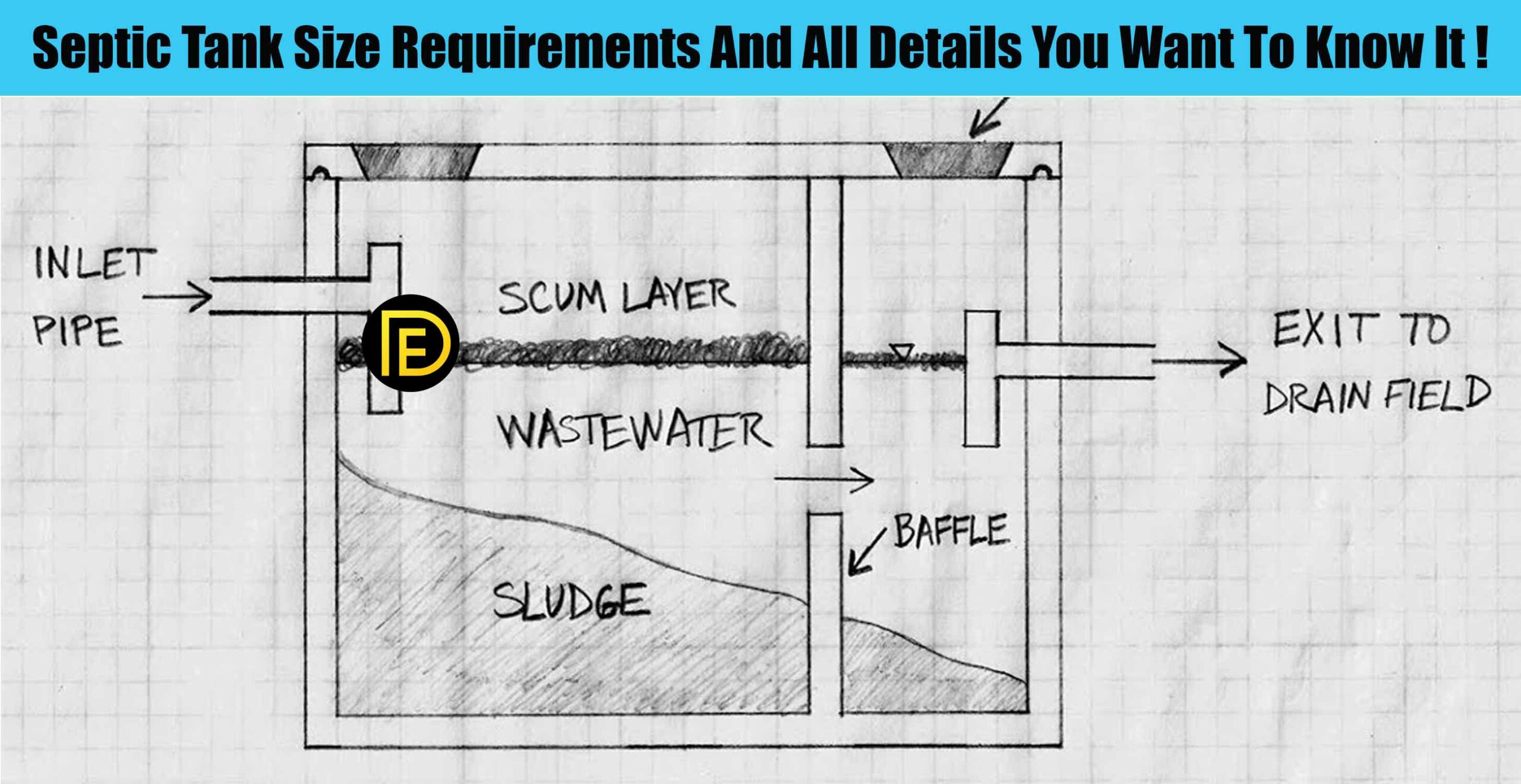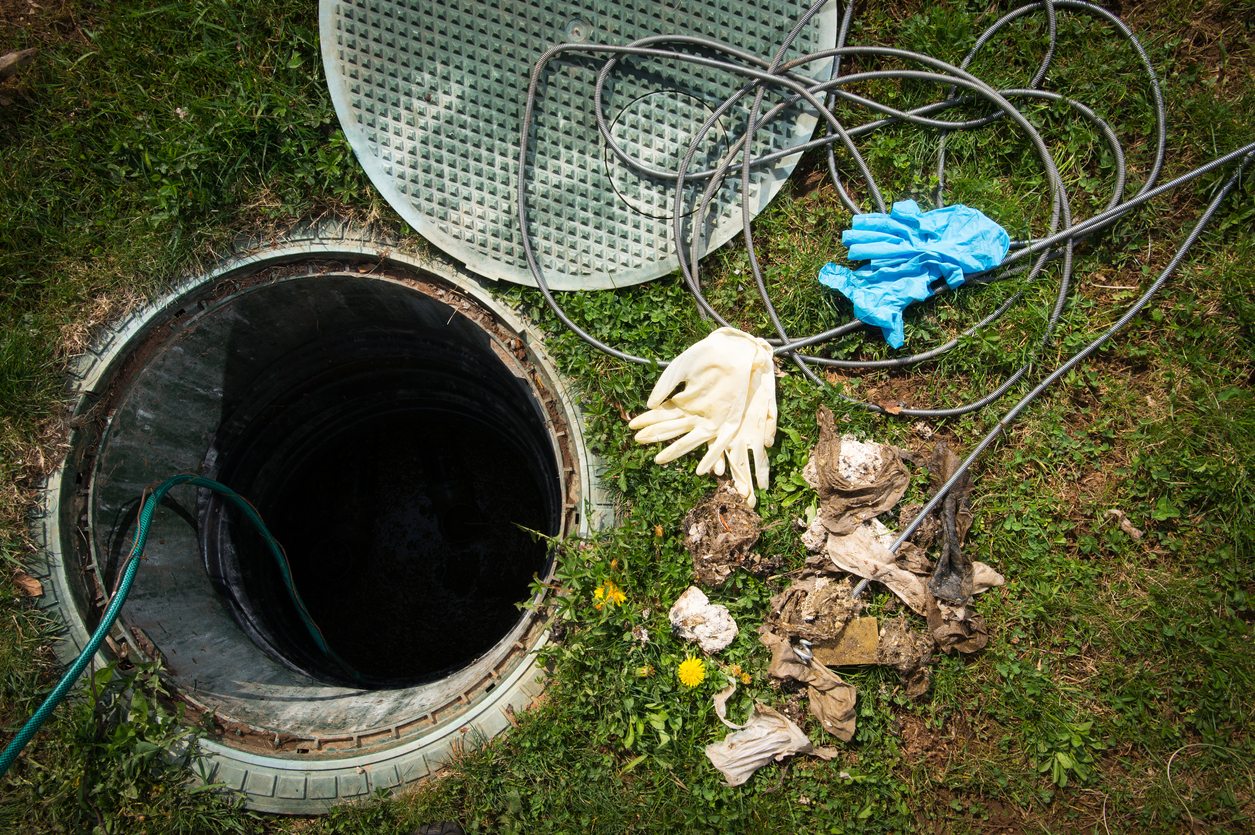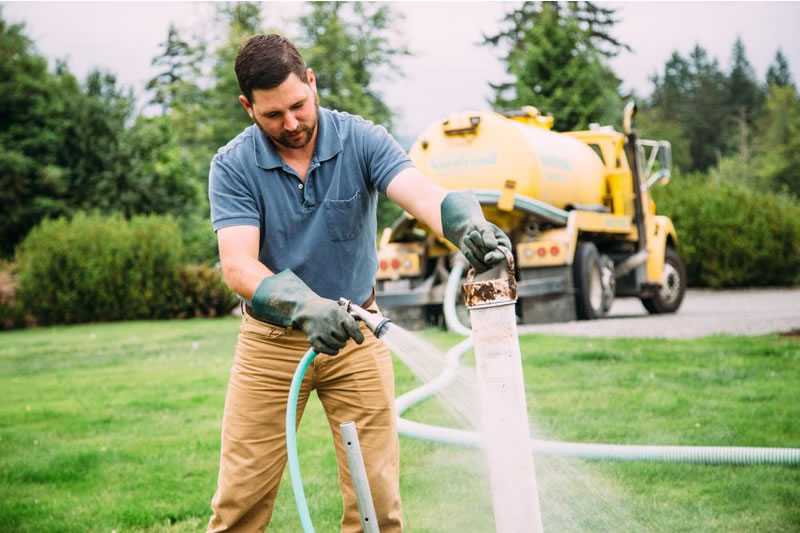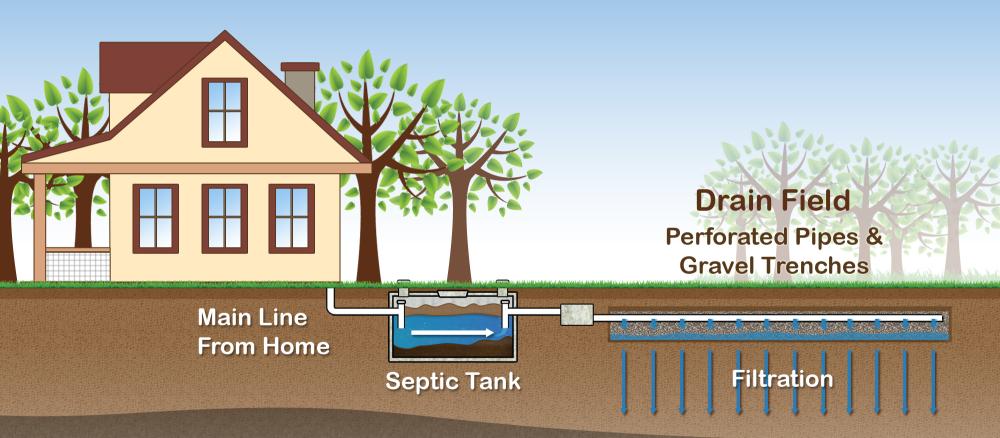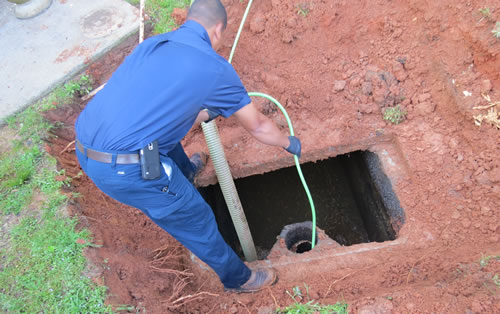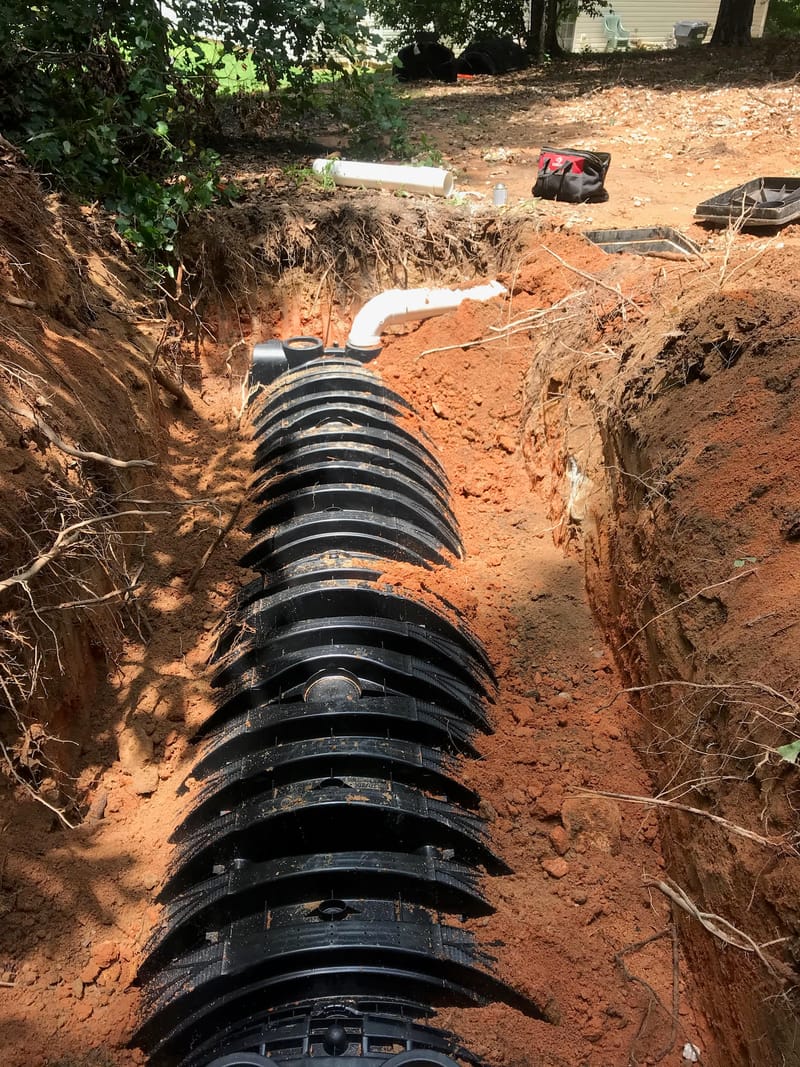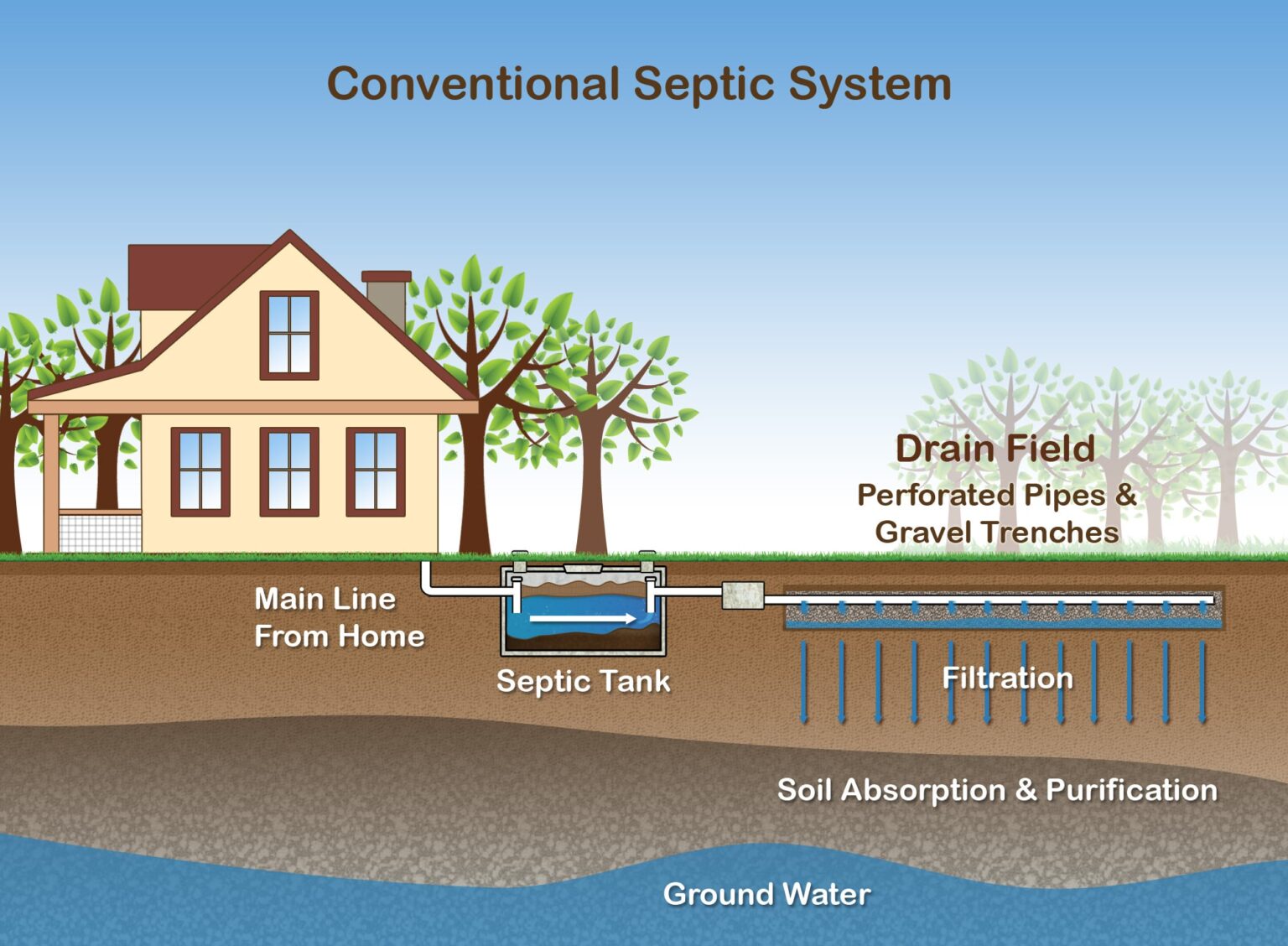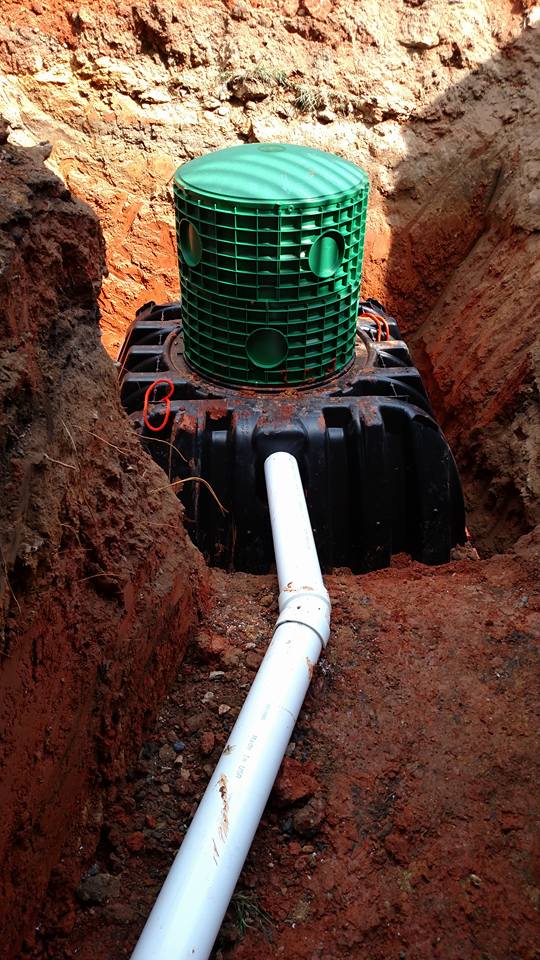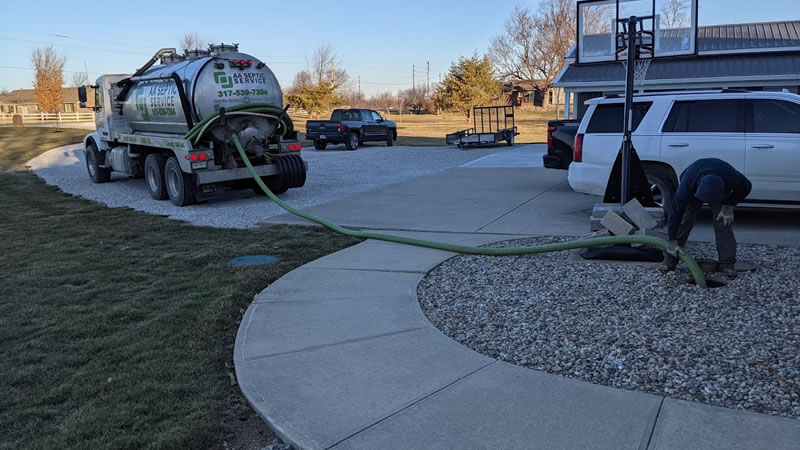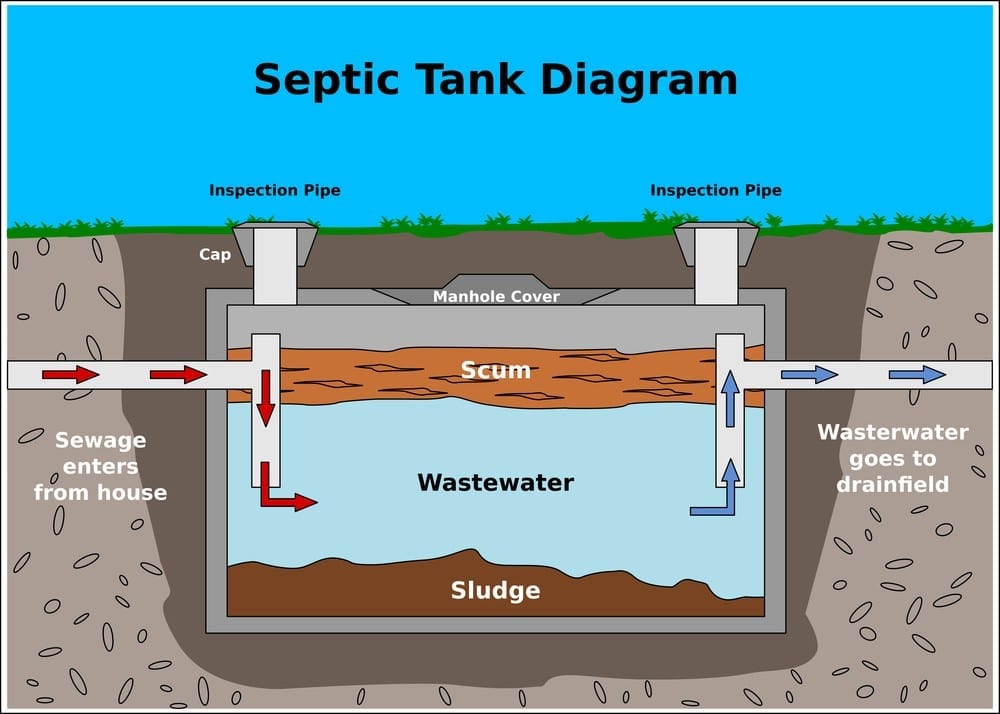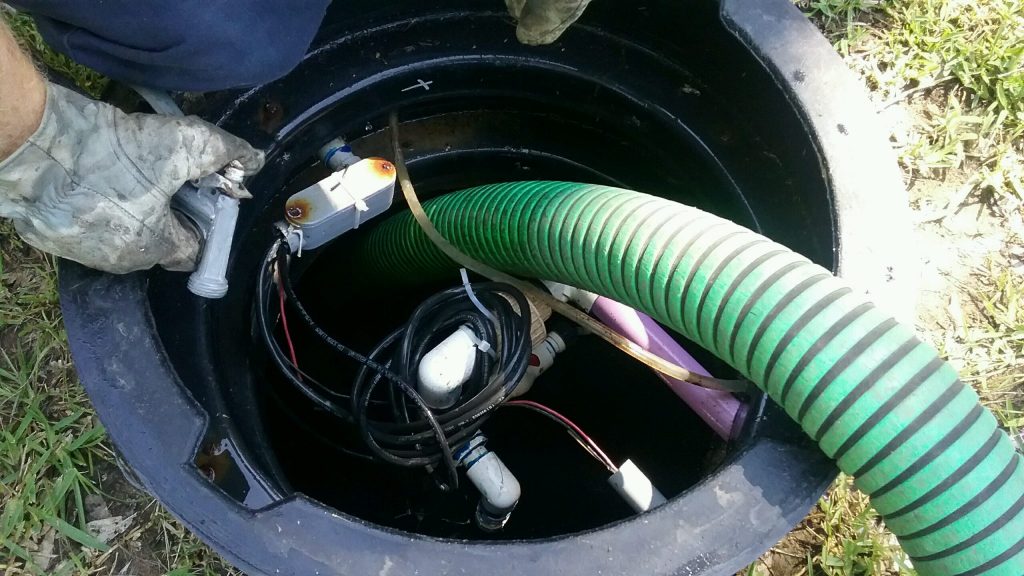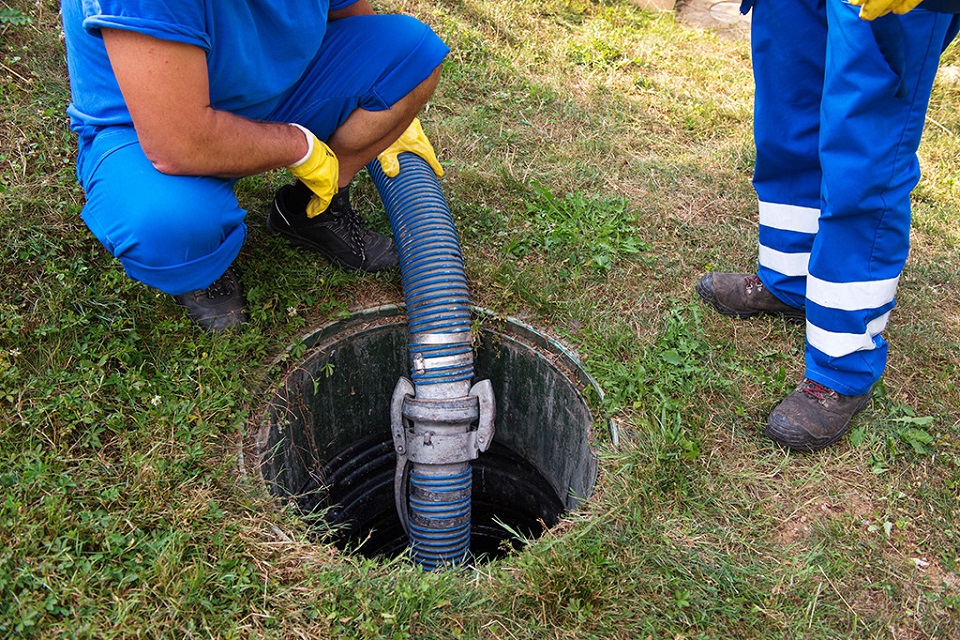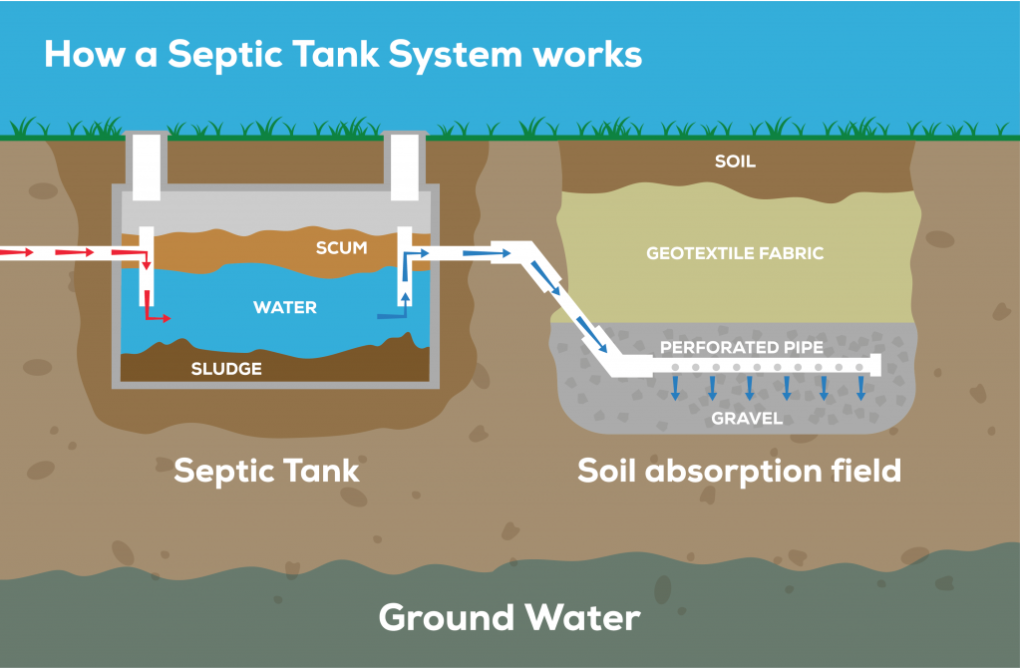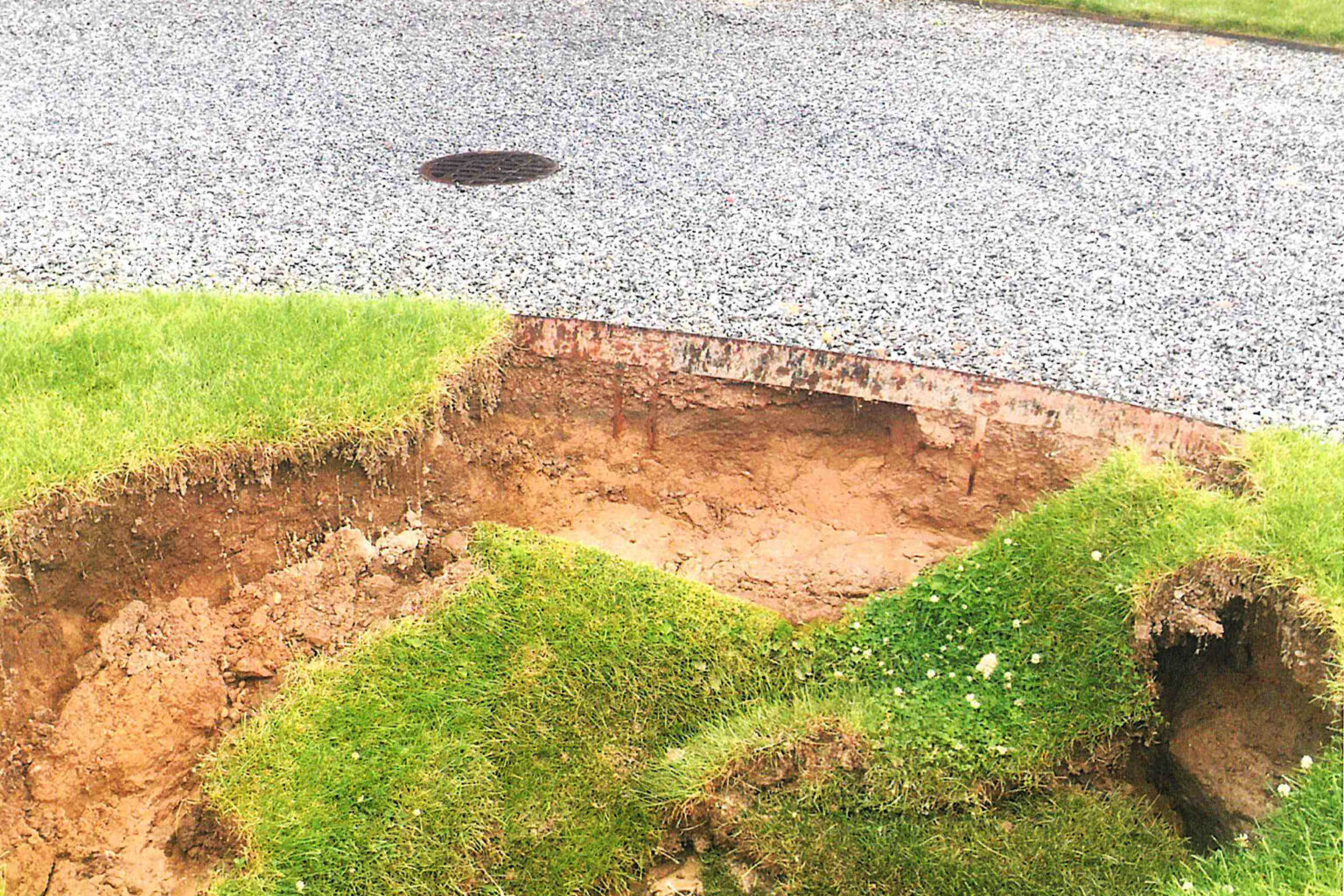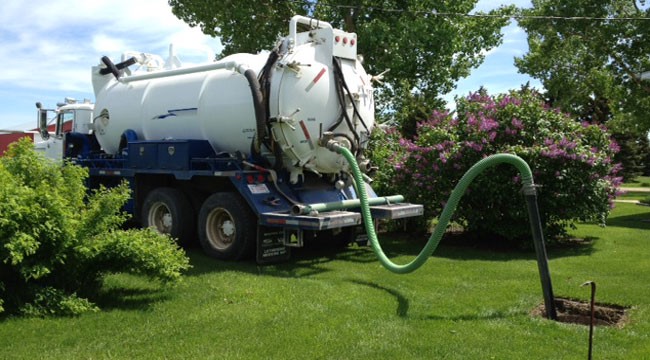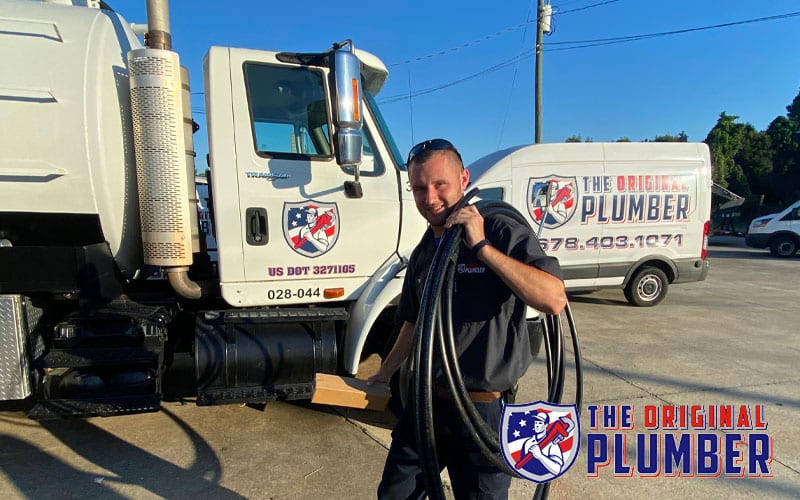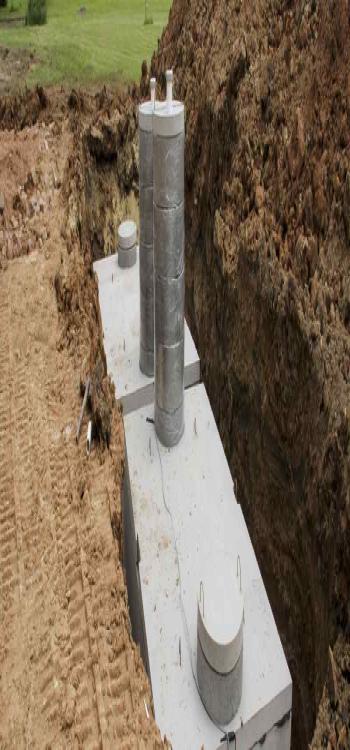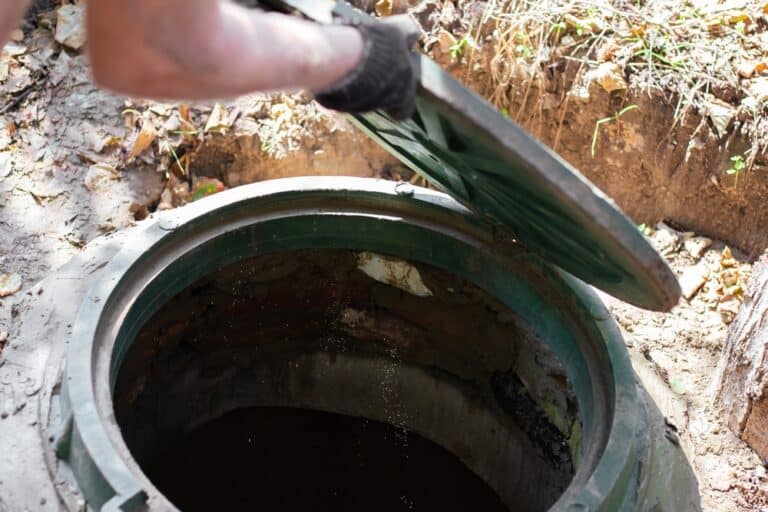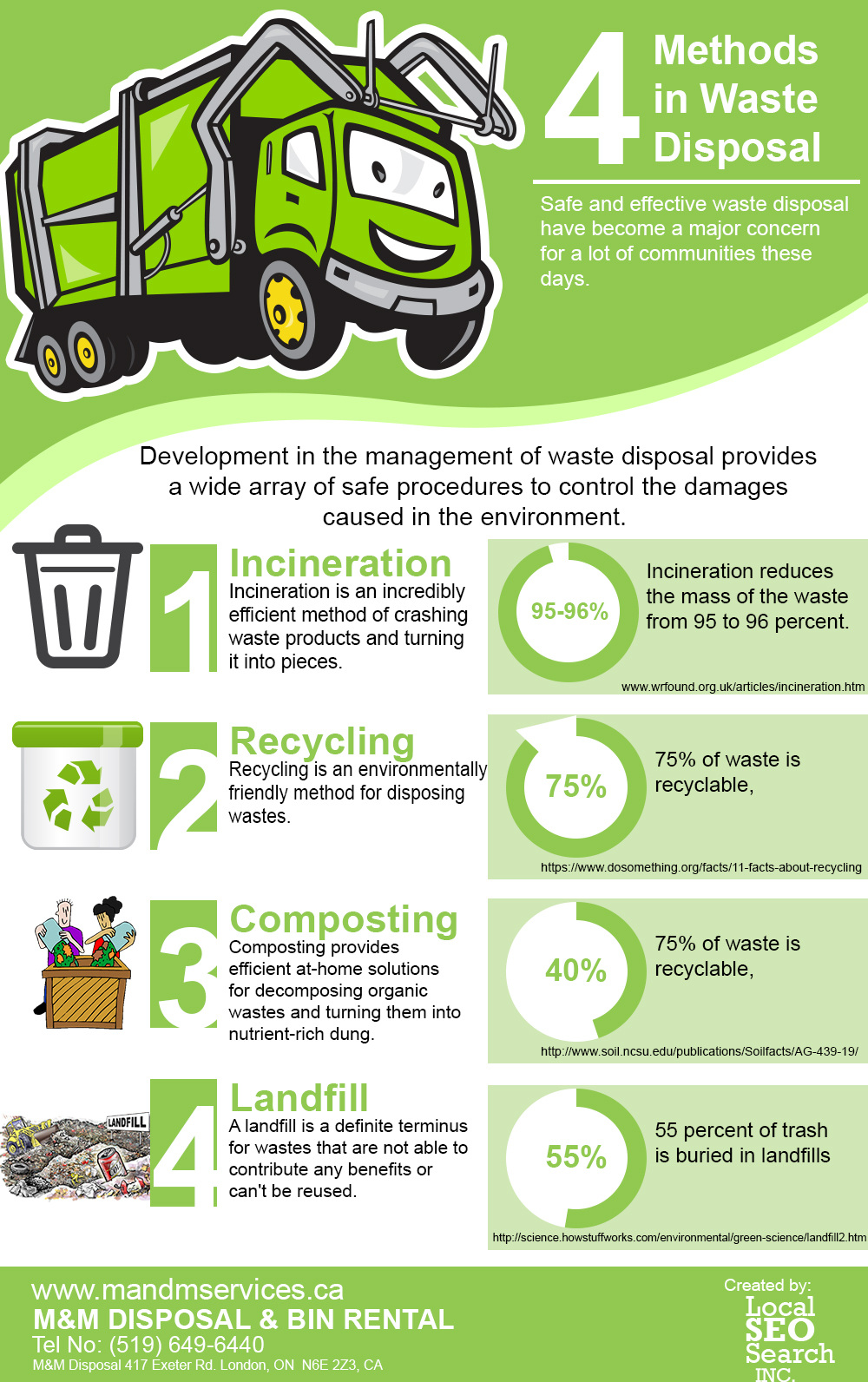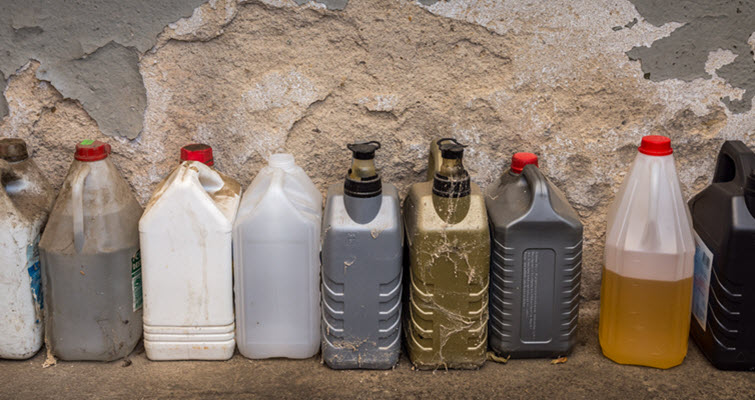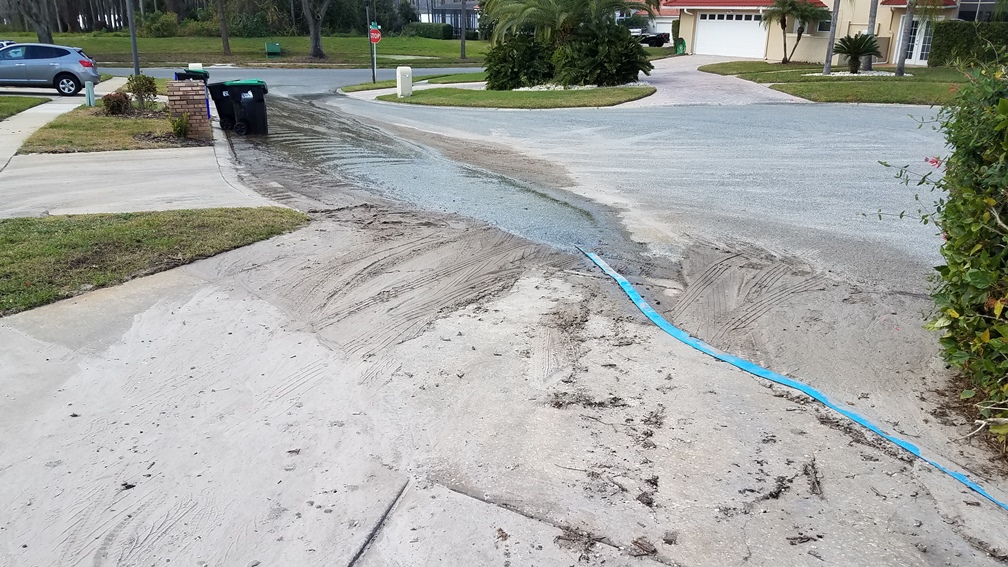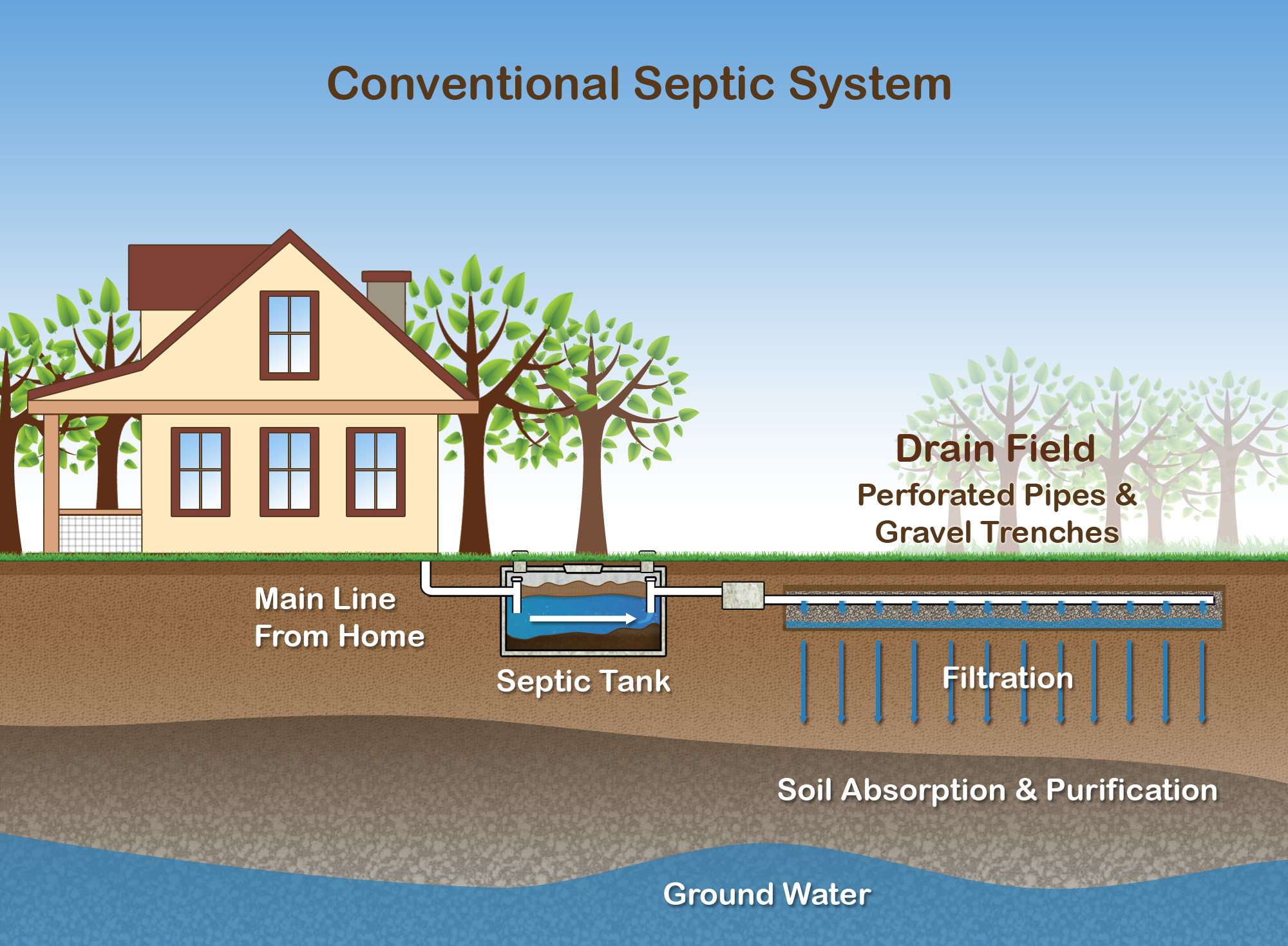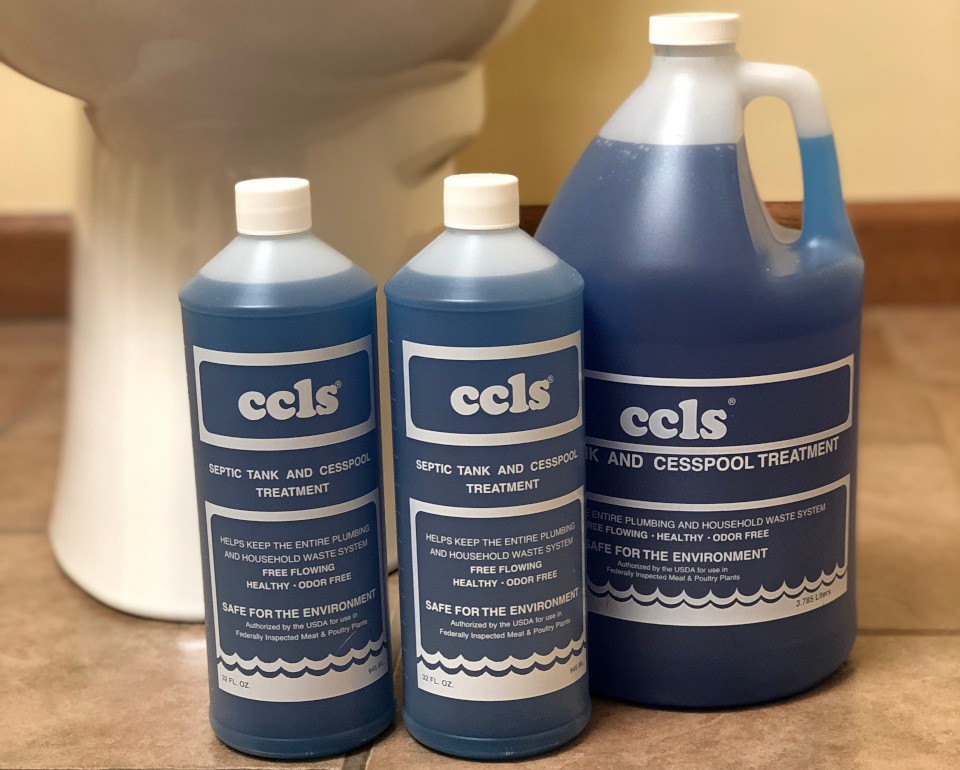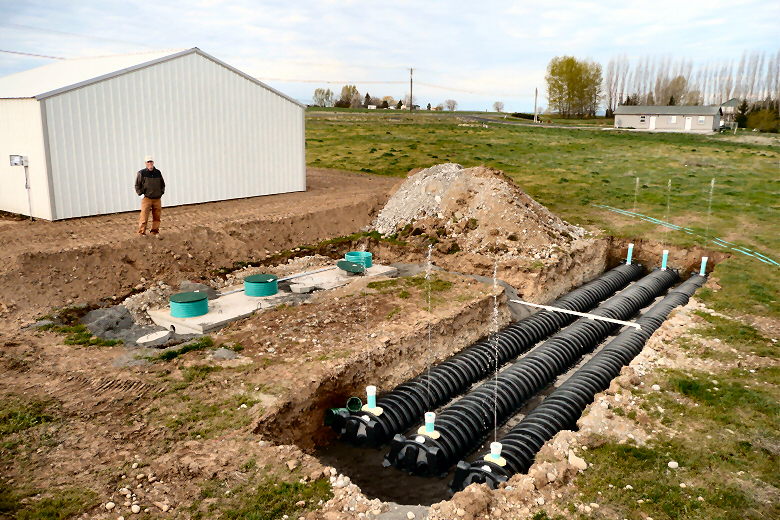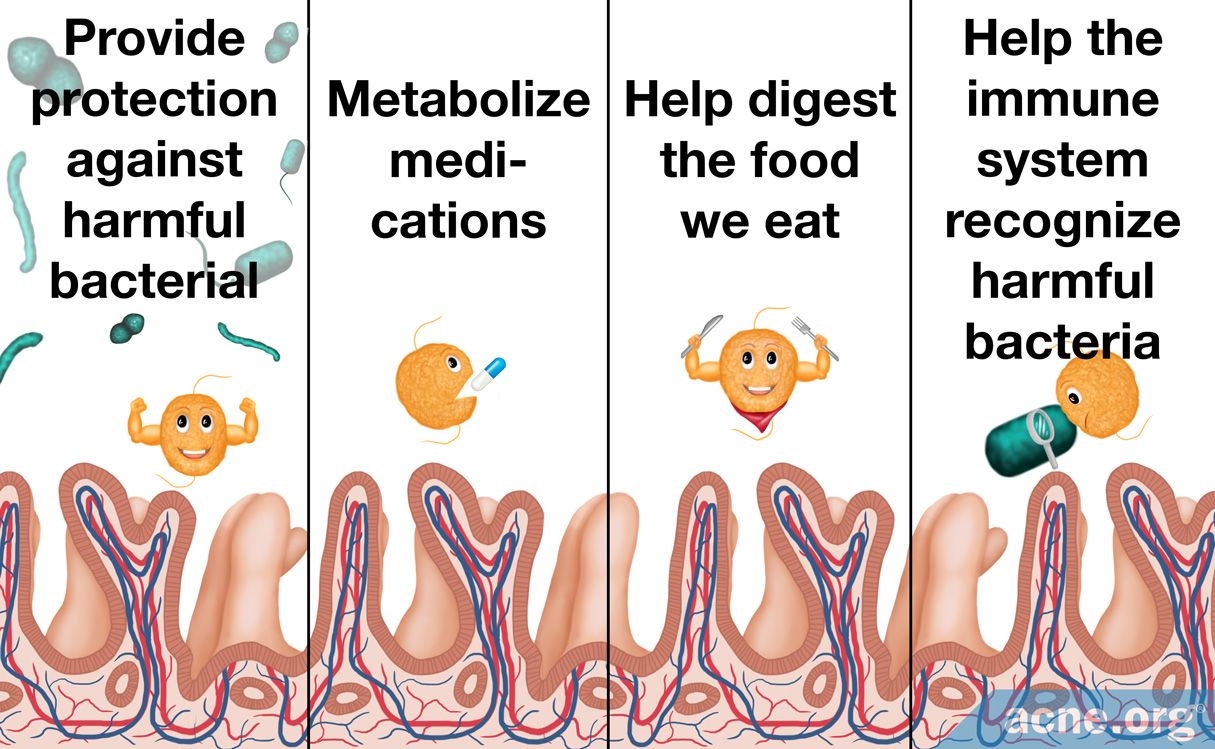Maintaining a septic tank may not be the most glamorous task, but it is crucial for the health and functionality of your home's plumbing system. Your bathroom sink, along with other household drains, is connected to your septic tank. This means that any water that goes down your sink drain eventually ends up in your septic tank. In this article, we will discuss the top 10 things you need to know about how your bathroom sink water drains into your septic tank and how to properly maintain your septic system. Introduction
Your septic tank is responsible for storing and treating all the wastewater that flows from your household drains. This includes water from your bathroom sink, toilet, shower, and washing machine. Over time, solid waste and sludge can accumulate in the bottom of your tank, which can lead to clogs and backups in your plumbing system. Regular maintenance, such as pumping and inspections, is essential to keep your septic tank functioning properly. Septic Tank Maintenance: What You Need to Know
To ensure your septic system stays healthy, there are a few things you can do. First, be mindful of what you flush down your bathroom sink. Avoid pouring grease, chemicals, and other harmful substances down the drain. These can damage your septic tank and disrupt the natural bacteria that help break down waste. Also, be mindful of your water usage. Too much water can overwhelm your septic system and cause it to back up. How to Keep Your Septic System Healthy
The drain field is a crucial part of your septic system. It is responsible for filtering and dispersing the treated wastewater into the ground. When your bathroom sink water flows into your septic tank, it is treated by naturally occurring bacteria. The treated water then moves to the drain field, where it is filtered through layers of soil. Proper maintenance of your drain field, such as avoiding parking or building over it, is essential to prevent damage and backups. Understanding Septic System Drain Fields
As mentioned earlier, regular maintenance is crucial for the health of your septic system. It is recommended to have your tank pumped every 3-5 years, depending on household size and water usage. This will remove any accumulated solid waste and sludge and prevent clogs. Additionally, annual inspections can catch any potential issues early on and save you from costly repairs. How to Maintain Your Septic System
Septic tank pumping is a task that should be left to professionals. They have the necessary equipment and knowledge to safely and effectively remove the waste from your tank. It is important to schedule regular pumping appointments to prevent overflows and backups in your plumbing system. Keep in mind that pumping frequency may vary depending on your household size and water usage. Septic Tank Pumping: What You Need to Know
It is essential to be aware of any warning signs that your septic system may be failing. These include slow drains, foul odors, and sewage backups. These issues can indicate that your septic tank is full or experiencing other problems. If you notice any of these signs, it is crucial to schedule an inspection and address the issue promptly. Ignoring a failing septic system can lead to costly repairs and potential health hazards. How to Tell If Your Septic System Is Failing
While regular maintenance can prevent most septic system problems, issues can still arise. Some common problems include clogs, leaks, and drain field failures. These issues often require professional intervention to fix. However, you can prevent them by being mindful of what goes down your drains and scheduling regular maintenance appointments. Common Septic System Problems and How to Fix Them
As mentioned earlier, annual inspections are crucial for the health of your septic system. During an inspection, a professional will check for any potential problems and catch them before they become major issues. They will also measure the sludge and scum levels in your tank to determine if pumping is necessary. Investing in regular inspections can save you from costly repairs and extend the lifespan of your septic system. The Importance of Regular Septic Tank Inspections
Properly disposing of household wastewater is not just essential for the health of your septic system, but also for the environment. Avoid pouring harmful chemicals, medications, and grease down your drains. Consider using natural cleaning products and disposing of medications properly. Additionally, conserving water and fixing any leaks can help reduce the strain on your septic system. How to Properly Dispose of Household Wastewater
How Bathroom Sink Water Can Affect Your Septic Tank

Understanding the Septic System
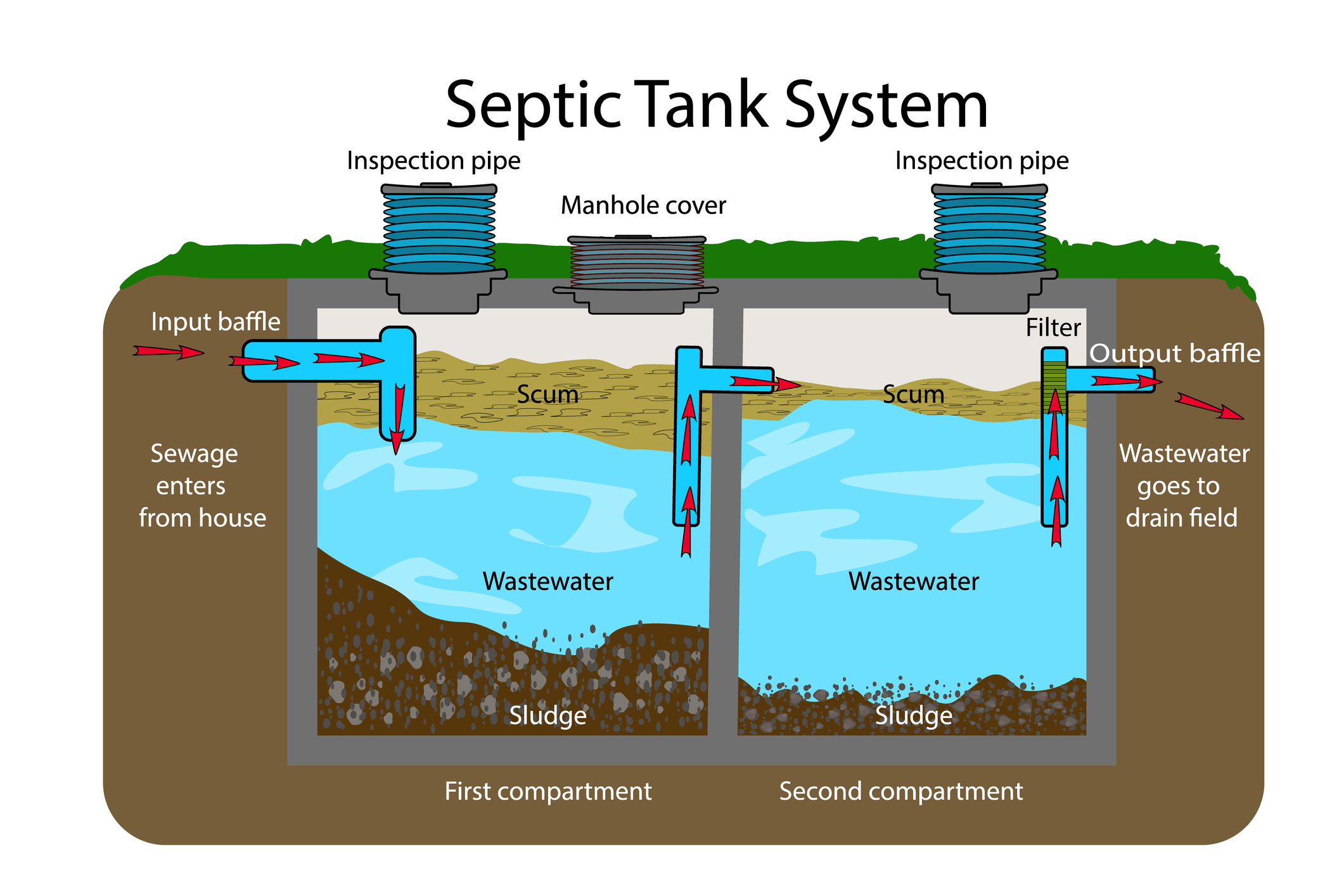 When it comes to house design, the septic system is an essential component that often goes unnoticed. This underground system is responsible for treating and disposing of household waste, including wastewater from your bathroom sink. Many homeowners may not be aware of the impact their daily activities can have on their septic tank, especially when it comes to the water that goes down the sink drain.
Septic tanks
are designed to separate solid waste from liquid waste. The solid waste is broken down by bacteria while the liquid waste, also known as effluent, flows out of the tank and into the drain field for further treatment. However, if the effluent contains too much water, it can overwhelm the system and cause it to malfunction.
When it comes to house design, the septic system is an essential component that often goes unnoticed. This underground system is responsible for treating and disposing of household waste, including wastewater from your bathroom sink. Many homeowners may not be aware of the impact their daily activities can have on their septic tank, especially when it comes to the water that goes down the sink drain.
Septic tanks
are designed to separate solid waste from liquid waste. The solid waste is broken down by bacteria while the liquid waste, also known as effluent, flows out of the tank and into the drain field for further treatment. However, if the effluent contains too much water, it can overwhelm the system and cause it to malfunction.
The Consequences of Excess Water in Your Septic Tank
 Bathroom sink water
may seem harmless, but it can have a significant impact on your septic tank. Every time you brush your teeth, wash your hands, or even shave, you are sending gallons of water down the sink drain. This water adds up quickly and can overload your septic tank, leading to a variety of problems.
One of the most common consequences of excess water in a septic tank is
backups and clogs
. When the tank becomes too full, the effluent can back up into your sinks, toilets, and other drains, causing unpleasant odors and potential health hazards. This can also lead to costly repairs and maintenance for your septic system.
Bathroom sink water
may seem harmless, but it can have a significant impact on your septic tank. Every time you brush your teeth, wash your hands, or even shave, you are sending gallons of water down the sink drain. This water adds up quickly and can overload your septic tank, leading to a variety of problems.
One of the most common consequences of excess water in a septic tank is
backups and clogs
. When the tank becomes too full, the effluent can back up into your sinks, toilets, and other drains, causing unpleasant odors and potential health hazards. This can also lead to costly repairs and maintenance for your septic system.
The Solution: Reducing Water Usage
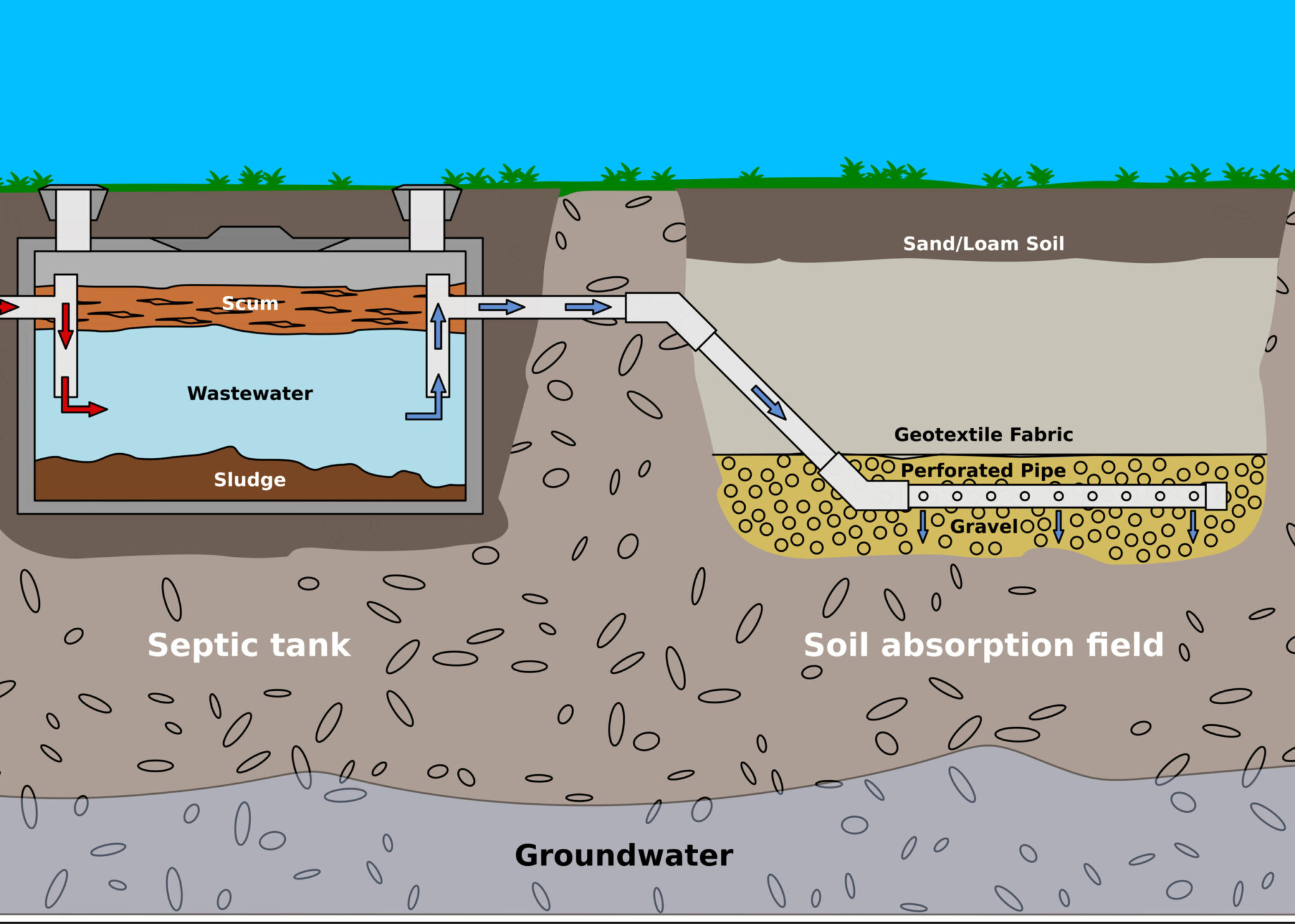 The good news is that there are simple steps you can take to prevent bathroom sink water from causing problems in your septic tank. The key is to
reduce your water usage
in the bathroom. This can be done by fixing any leaks, using low-flow fixtures, and being mindful of how much water you use when washing your hands or brushing your teeth.
Another effective solution is to
install a separate drain for the bathroom sink
that leads directly to the drain field. This allows the sink water to bypass the septic tank entirely, reducing the strain on the system.
In conclusion, while it may seem like bathroom sink water is just a small part of your overall water usage, it can have a significant impact on your septic tank. By understanding how the system works and implementing simple water-saving measures, you can ensure that your septic tank functions properly and avoid any costly issues. Remember, a little conservation can go a long way in maintaining a healthy septic system.
The good news is that there are simple steps you can take to prevent bathroom sink water from causing problems in your septic tank. The key is to
reduce your water usage
in the bathroom. This can be done by fixing any leaks, using low-flow fixtures, and being mindful of how much water you use when washing your hands or brushing your teeth.
Another effective solution is to
install a separate drain for the bathroom sink
that leads directly to the drain field. This allows the sink water to bypass the septic tank entirely, reducing the strain on the system.
In conclusion, while it may seem like bathroom sink water is just a small part of your overall water usage, it can have a significant impact on your septic tank. By understanding how the system works and implementing simple water-saving measures, you can ensure that your septic tank functions properly and avoid any costly issues. Remember, a little conservation can go a long way in maintaining a healthy septic system.
